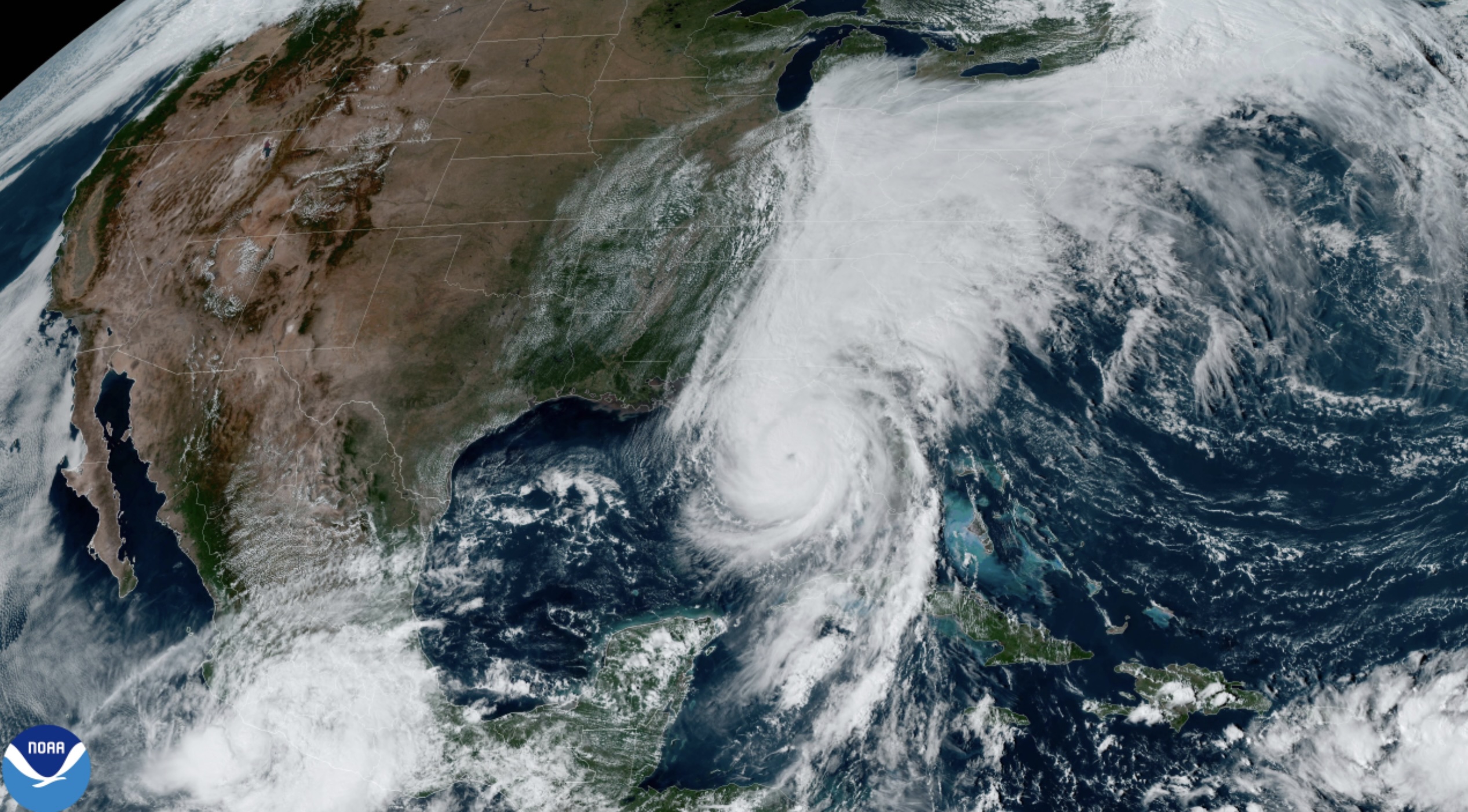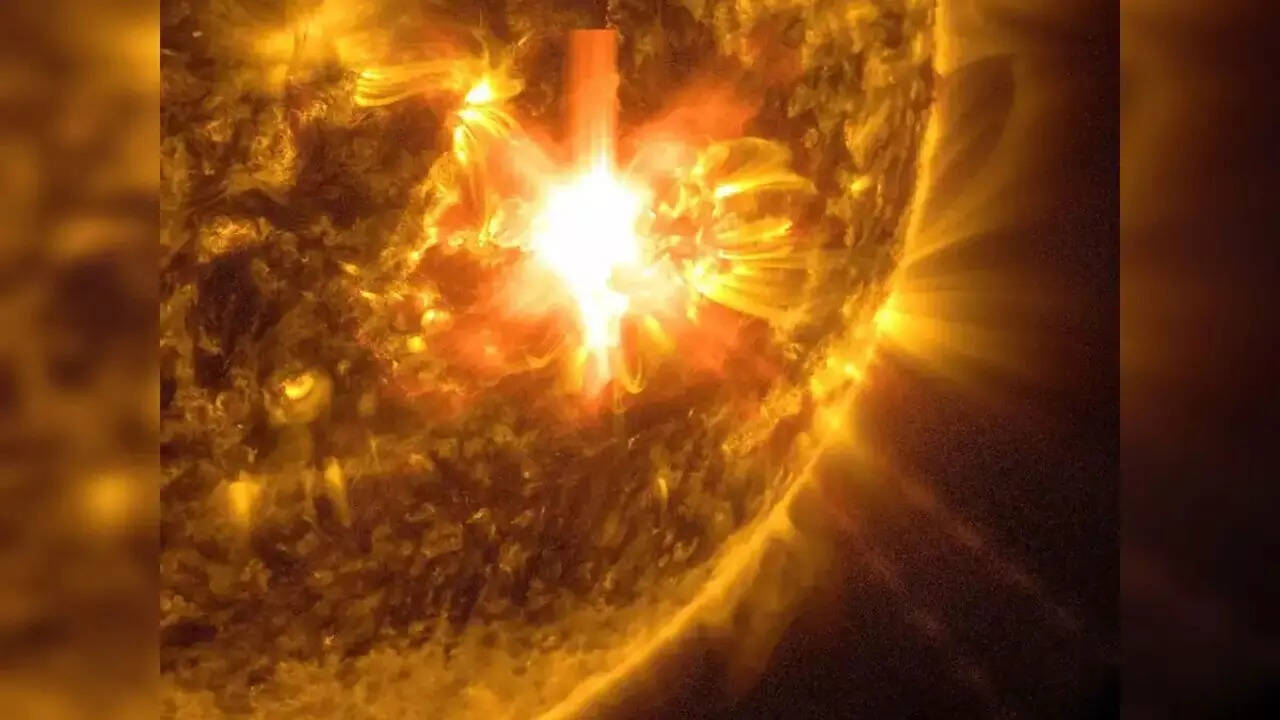Rising climate risks dominate as Trump pushes for faster nuclear power expansion, while scientists warn of tropical diseases reaching the UK and a potentially severe hurricane season looms for the US.
Why World Pulse Now?
Global Coverage
All major sources, one page
Emotional Lens
Feel the mood behind headlines
Trending Topics
Know what’s trending, globally
Read Less, Know More
Get summaries. Save time
Live Stats
9,841
109
211
3 hours ago
Mobile App
Get instant summaries, explore trending stories, and dive deeper into the headlines — all in one sleek, noise-free mobile experience.
Stay in the Loop
Get the latest news and insights delivered straight to your inbox
Why World Pulse Now?
Global Coverage
All major sources, one page
Emotional Lens
Feel the mood behind headlines
Trending Topics
Know what’s trending, globally
Read Less, Know More
Get summaries. Save time
Live Stats
9,841
109
211
3 hours ago
Mobile App
Get instant summaries, explore trending stories, and dive deeper into the headlines — all in one sleek, noise-free mobile experience.
Stay in the Loop
Get the latest news and insights delivered straight to your inbox






